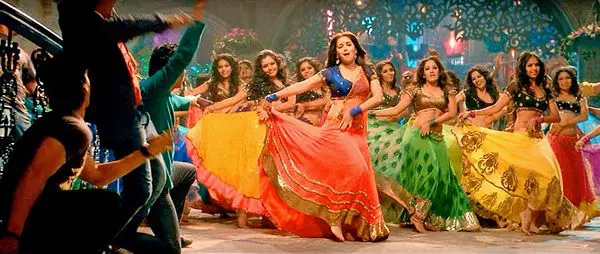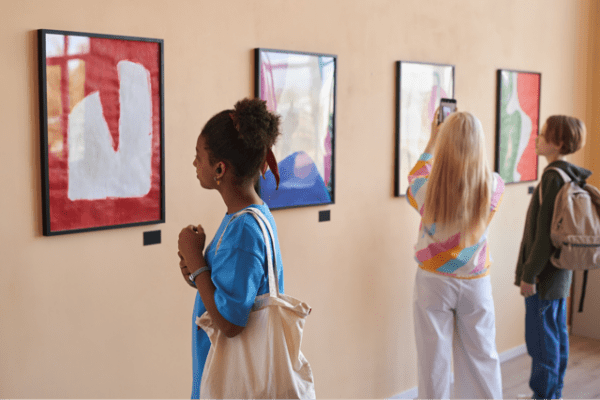
Aarhus, Denmark
Decoding Bollywood: Films, Fandom, Fantasy and Beyond
When:
27 July - 14 August 2026
Credits:
10 EC
Read more
Cultural Studies
When:
15 June - 03 July 2020
School:
Berlin International University of Applied Sciences Summer School
Institution:
Berlin International University of Applied Sciences
City:
Country:
Language:
English
Credits:
0 EC
Fee:
750 EUR

Recreating the Metropolis
The topography of Berlin can be examined as a microcosm of German history and memory. The presences and absences of the German monarchy, the Weimar Republic, the National Socialist dictatorship, the so-called Cold War division (capitalist West versus socialist East), and finally, the reunified Federal Republic all mark the urban fabric of Berlin. Its urban context has been written, erased and rewritten by these ruptures and continuities. As a laboratory of modern urban development, Berlin has affected political, socio-economic, cultural and technological trends of the last two hundred years.
The course will devote time to important urban issues, both historical and actual: the relationship of municipal and state government in city planning; the impact of new technology on urban development; the city as an imperial or (post-) colonial power center; demographic challenges (shrinking versus expanding cities); the emergence of specific urban movements (Garden City, modernism, postmodernism, "Critical Reconstruction," “Right to the City”); contrasting patterns of racism, poverty, and immigration; and the impact of global warming.
Different images and maps will be presented throughout the lectures to familiarize the students with particular districts and stories of the city. Additionally, the film screenings and related discussions aim to solidify the social imaginations of students on the historical and contemporary narratives of the German capital. Moreover, walking tours and site-specific excursions will portray the ruptures and continuities of Berlin. Last but not least, small projects relying on the movies and discussions intent to encourage the students to discover different parts of the city and to reflect on the daily urban practices.
Barış Ülker received his PhD in Sociology and Social Anthropology from the Central European University in 2012. He was a visiting scholar at the Humboldt University, Howard University and Columbia University throughout his studies.
Different images and maps will be presented throughout the lectures to familiarize the students with particular districts and stories of the city. Additionally, the film screenings and related discussions aim to solidify the social imaginations of students on the historical and contemporary narratives of the German capital. Moreover, walking tours and site-specific excursions will portray the ruptures and continuities of Berlin. Last but not least, small projects relying on the movies and discussions intent to encourage the students to discover different parts of the city and to reflect on the daily urban practices.
Fee
750 EUR, Facts and Fees Schedule: Each course lasts two to three weeks Between 15th of June and 15th of August One-Time application fee: 100€ Early-Bird booking until 15th of January to save 100€ Fee per course: 750 € For 2 courses: 1.390 € For 3 courses: 1.990 € BI and BAU Global students: 600 € per course Participants per course: 5-18 Application Deadline: May, 1st 2020
When:
15 June - 03 July 2020
School:
Berlin International University of Applied Sciences Summer School
Institution:
Berlin International University of Applied Sciences
Language:
English
Credits:
0 EC

Aarhus, Denmark
When:
27 July - 14 August 2026
Credits:
10 EC
Read more

Utrecht, Netherlands
When:
20 July - 31 July 2026
Credits:
4 EC
Read more

Rome, Italy
When:
06 July - 14 August 2026
Credits:
14 EC
Read more